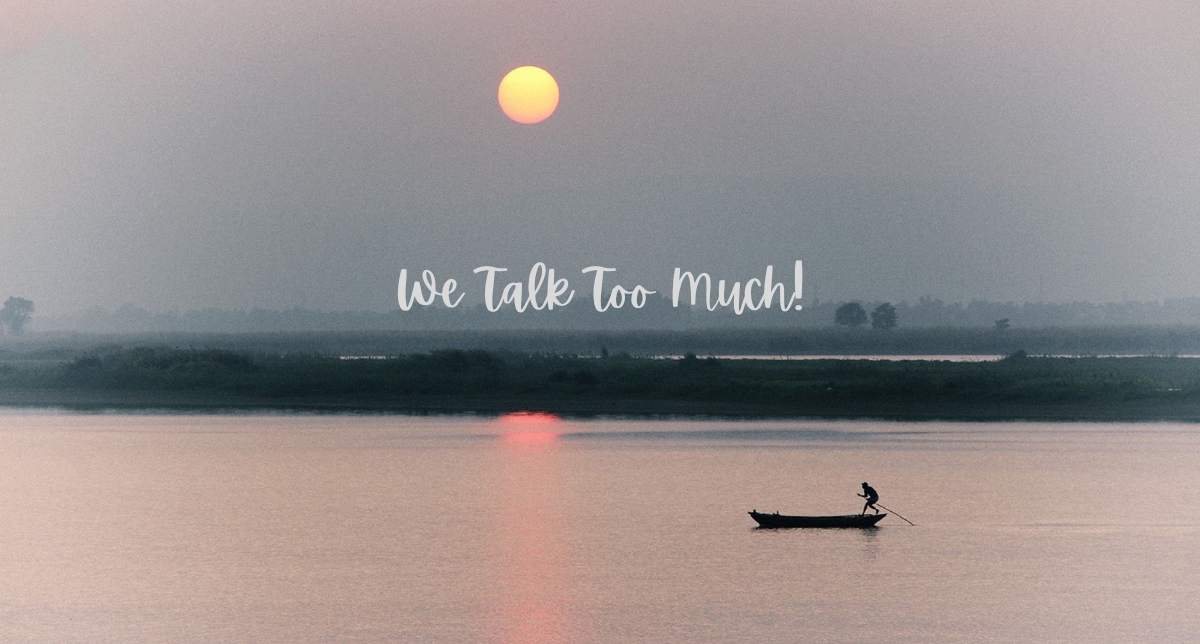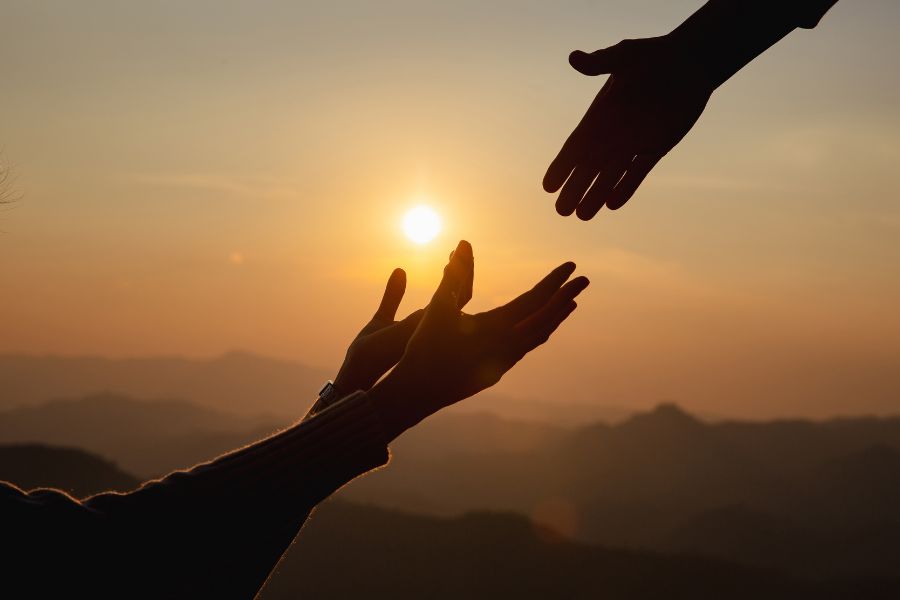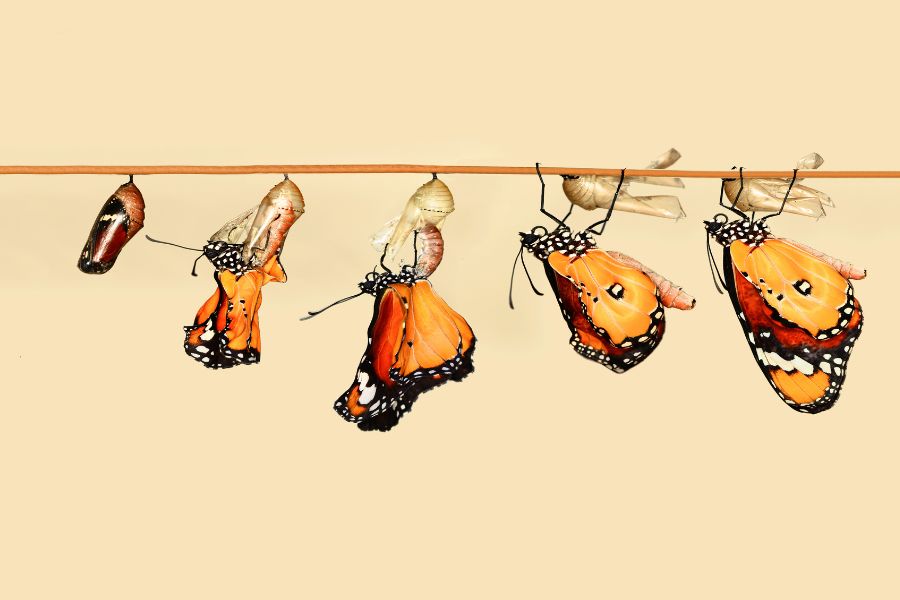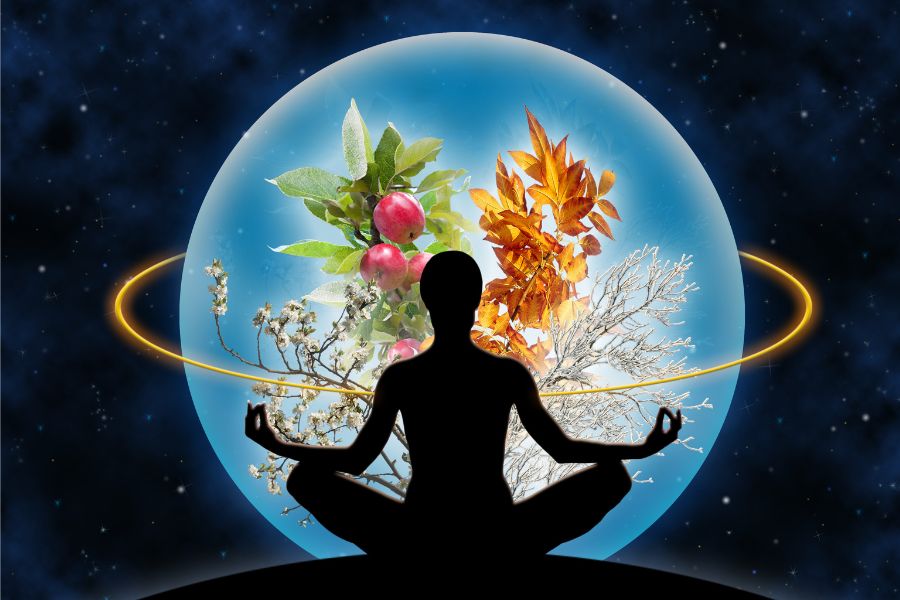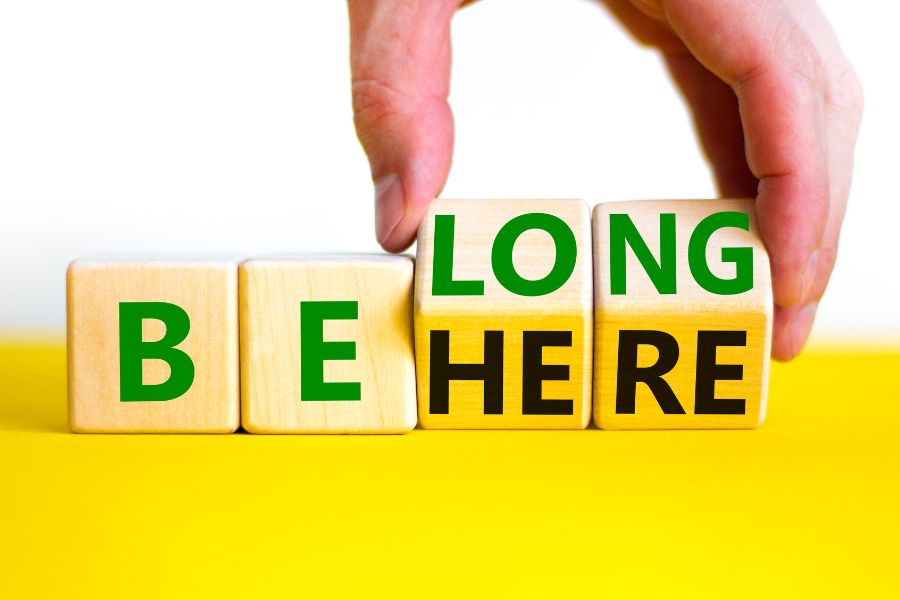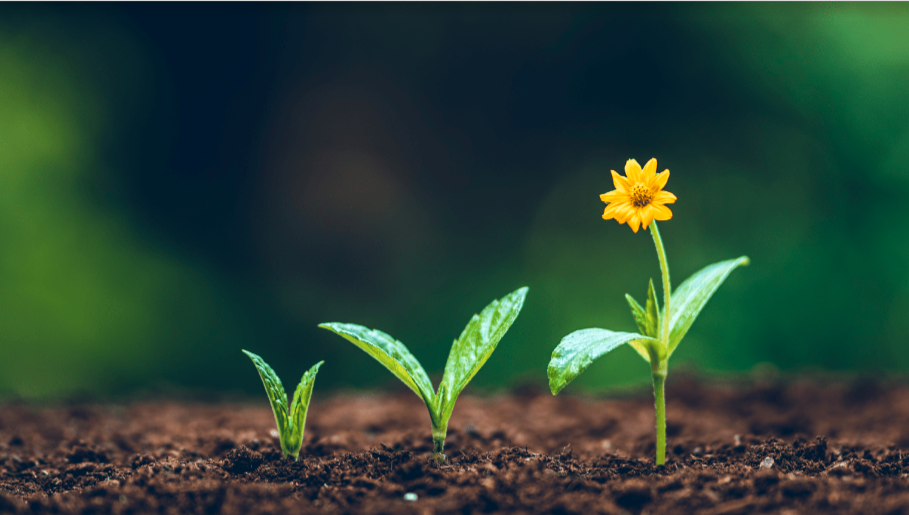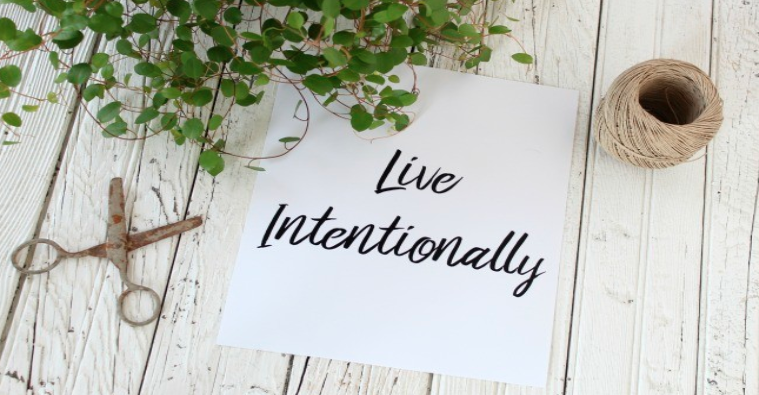A few years ago, I was leading a meditation session on self-awareness for young adults at a prestigious business school in India. To explore their understanding of self-awareness and belonging, I asked the group a simple question:
Raise your hand if you’re in a relationship.
About half of the participants raised their hands. But something amusing happened—one girl in the front row, after confidently raising her hand, subtly turned to check if the guy she was dating had done the same. He hadn’t. You can imagine the awkward consequences that followed.
But what stood out to me was how the word relationship immediately led everyone to think about romantic or interpersonal connections. We rarely pause to consider that the most fundamental relationship—the one that shapes every other—is the one we have with ourselves.
Why Do All Relationships Begin with Self?
Every meaningful relationship—whether with a partner, a friend, or even a community—is built on four core pillars:
1. Awareness – Who are we connecting with?
2. Trust – Do we know this person well enough to trust them?
3. Communication – Can we engage in open, meaningful conversations?
4. Belonging – Do we share values that create a sense of connection?
These are the very things we look for in others when forming relationships. But what happens when we neglect them within ourselves?
When we lack self-awareness, we unconsciously project that absence onto others. People sense it, even without words. Relationships become fragile because, at their core, they are meant to complement—not complete—who we already are. A strong relationship is never about filling a void; it’s about two whole individuals creating something greater together.
How Awareness Leads to Belonging
At our core, we all seek connection. We long to be part of something bigger than ourselves, to be seen and appreciated for who we truly are. But how do we find those people?
Self-awareness is the key. Once we understand our values, our interests, and our inner world, we naturally gravitate toward people who share those qualities. This is not about sameness but about alignment—about finding those with whom we can truly belong.
Belonging is not about fitting in; it’s about being accepted as you are. When two people—or even an entire community—are deeply self-aware, their connection becomes effortless. Even without words, their energy, body language, and actions are in sync. There is an unspoken understanding. And when people feel a deep, authentic bond, they are more compassionate, more open, and more willing to support one another.
That is the power of belonging—finding yourself first, so you can then find your people.
The Third Pillar of a Strong Relationship: Communication
Communication goes beyond words. It includes our tone, body language, energy, and presence. In the natural world, some species have perfected non-verbal communication—like crows, who can precisely describe a person’s character to their entire flock without using a single word. Humans, however, have the gift of spoken language, yet we often fail to communicate authentically.
Sometimes, our words don’t align with our true feelings. External influences, social expectations, or even fear can lead us to say things we don’t mean or hold back what we truly feel. The key to deep, meaningful relationships is authenticity—ensuring that what we say, how we act, and the energy we radiate are in harmony.
If you ever find yourself struggling to express your true feelings, pause and ask yourself:
- Am I being honest with myself?
- Am I communicating from a place of clarity and authenticity?
- Does my energy, my body language, and my voice reflect what I truly mean?
The strongest relationships—whether personal or professional—are built on self-awareness, belonging, and honest communication.
The One Thing That Breaks Most Relationships
Yesterday, someone asked me, “What do you think is the biggest reason relationships—friendships, romantic relationships, even marriages—fall apart?”
While there are many reasons, if I had to choose just one, it would be *a lack of belonging.*
Not just belonging with others, but belonging with ourselves.
When we misunderstand ourselves, we misalign with others. When we lack clarity about who we are and what we need, we enter relationships that don’t truly serve us. But when we have a strong foundation of self-awareness, we naturally build relationships that are resilient—ones that are not easily shaken by misunderstandings, mistakes, or external pressures.
So, take a moment.
Ask yourself:
- Am I in a relationship with myself?
- Can I define that relationship clearly, without hesitation?
- Do I have the clarity to put it into words?
Because the strength of every relationship you build—romantic, familial, professional, or social—depends on the one relationship you carry with you always: the one with yourself.
I’d love to hear your thoughts. What does a relationship with yourself look like?



